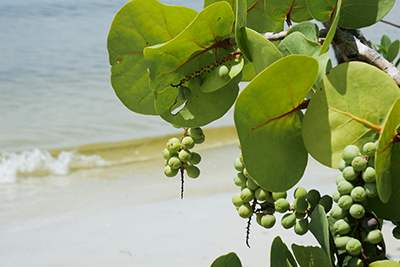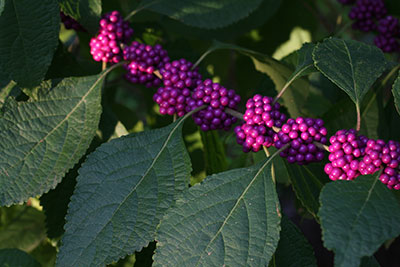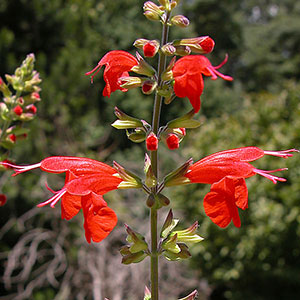By Kay Gates

Have you considered specific ways you can impact the climate? I would like to introduce you to native gardening. Native plant groups exist to promote the preservation, conservation, and restoration of native plants and native plant communities. They encourage choosing native plants appropriate to the region as the best choice for landscaping. Native plants do not need harmful fertilizers and pesticides, or additional watering. Instead, they are naturally sustainable. They are a wonderful fit anywhere and for anyone wishing to lead an environmentally friendly lifestyle.
Native Plant Societies across the country encourage planting native plants appropriate to the region as the best choice for landscaping, but these gardens rarely approach the diversity and complexity of natural areas. Our local Florida Native Plant Society (FNPS) was founded in the early 1980’s. The chapter was a leader in the hard work that led to the long-term protection and management of more than 31,000 acres of original ecosystems, from beaches to forests to wetlands. The great success of this program led to many awards, and it is probably the best in the country. Support for our natural areas is one of the reasons people join FNPS. Take time to visit these gems of reality; these are the absolute best "native landscapes" we can observe and illustrate plant associations that are models for ornamental landscaping and restoration.
FNPS PBC Chapter holds stimulating monthly meetings with interesting speakers. My favorite part of their meetings is a “plant swap,” which is a silent auction of native plants from members’ own yards. These “free” plants have over the years transformed my yard from a typical, barren landscape to an oasis of blooming flowers, birds, and butterflies. Some of the other gems of the group are its monthly newsletter, The Dahoon Holly; their work on a native plant demonstration garden at Mounts Botanical Garden; and annual native plant sales and yard tours.
Some popular native plants in Florida include beautyberry, muhly grass, coontie, and Southern magnolia. Find more ideas here.



Sea Grape Beautyberry Scarlet Salvia
Want to get involved?
FNPS PBC Chapter holds meetings on the third Tuesday of the month at 7pm, usually at IFAS /Mounts Botanical Garden Auditorium 531 N Military Trail, West Palm Beach (although currently virtual).
Learn more at https://palmbeach.fnpschapters.org/.